Our Impact
Research Highlights | |
|---|---|
 | Making the Most of Fading MemoryEfforts to enhance recollection are helping improve the quality of life of people experiencing cognitive decline. |
 | The first neuromorphic devices to reach space are a technology test case. They will record ‘space lightning’. |
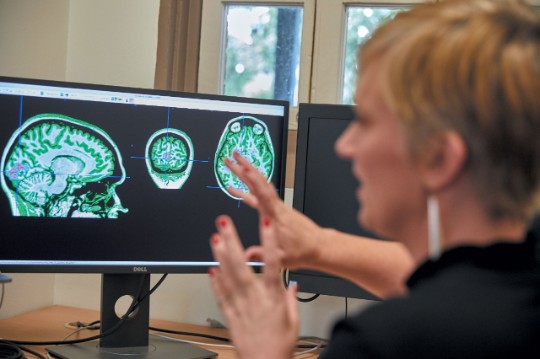 | A Western Sydney University researcher is investigating the neuroscience underpinning consciousness. |
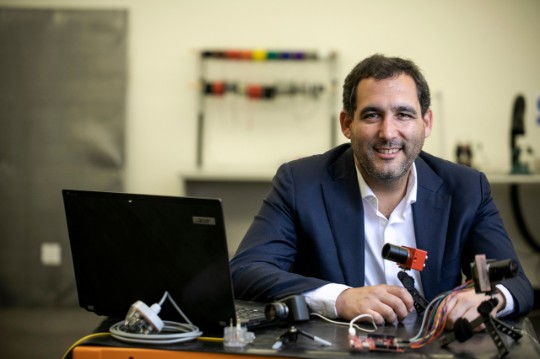 | Biologically-inspired cameras can track satellites that even the best optical telescope cannot, thanks to Western Sydney University’s revolutionary, world-first approach to space imaging. |
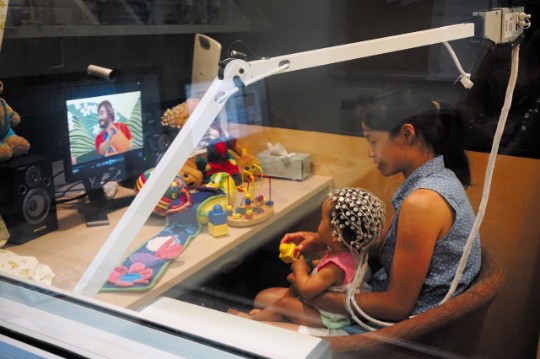 | The connection between mothers and babies may provide important clues for early identification of dyslexia. |
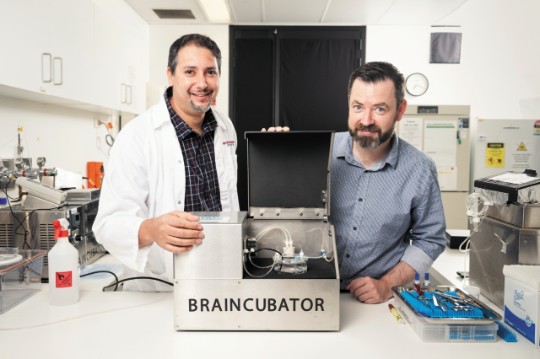 | Technology developed by Western researchers can extend the viability of brain slices up to 36 hours. |
 | A new tool can assess communication skills in young Indigenous children in the languages they speak at home. |
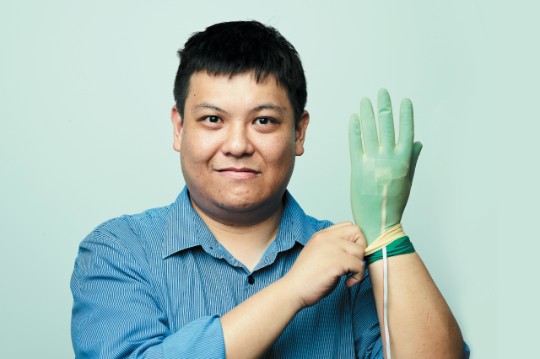 | Electronic gloves help transfer knowledge from master surgeons to students. |
 | Going gaa-gaa over babies has evolutionary roots, and may help infants to develop the power of speech. |
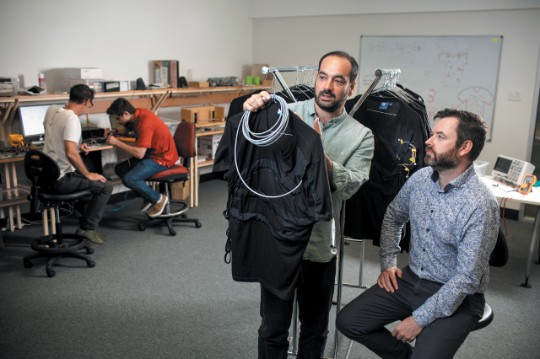 | Tackling the condition of sleep apnoea could be as simple as slipping on a T-shirt developed by Western Sydney University researchers. |
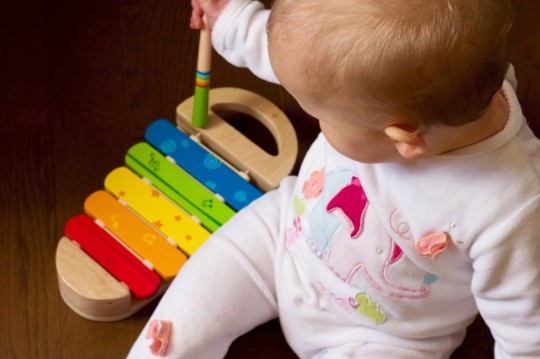 | Taking a community-based approach to early childhood language promotes children’s communication and identifies hearing problems. |



